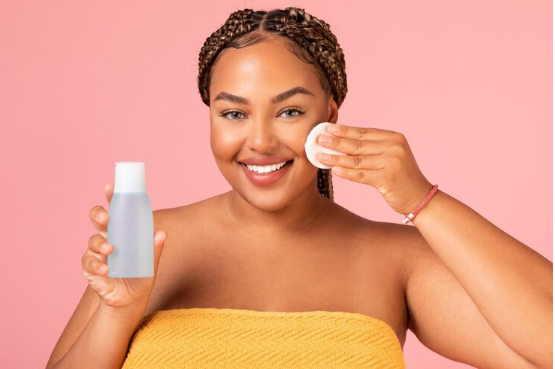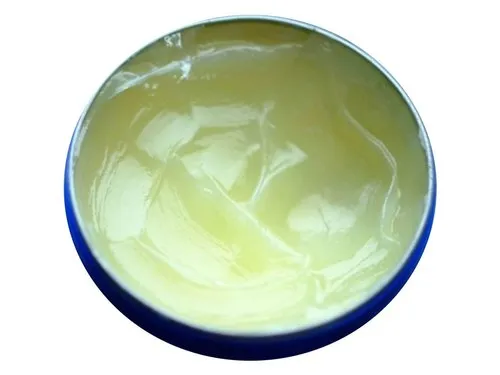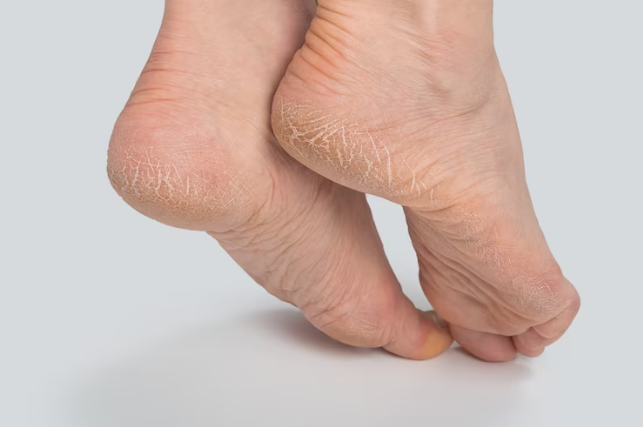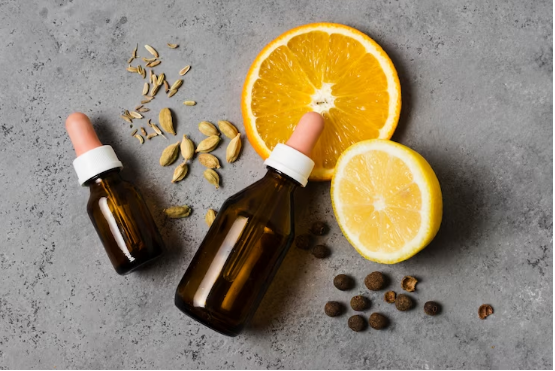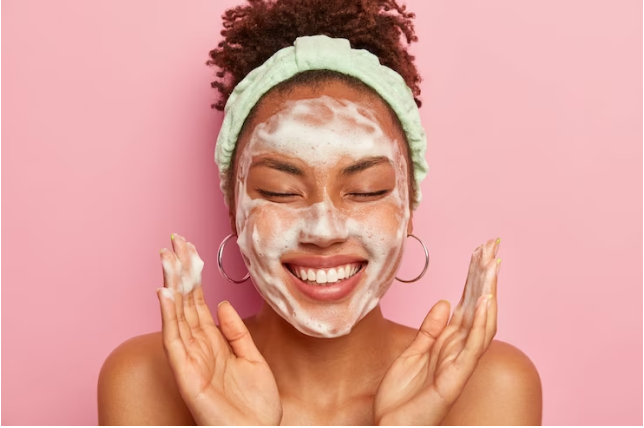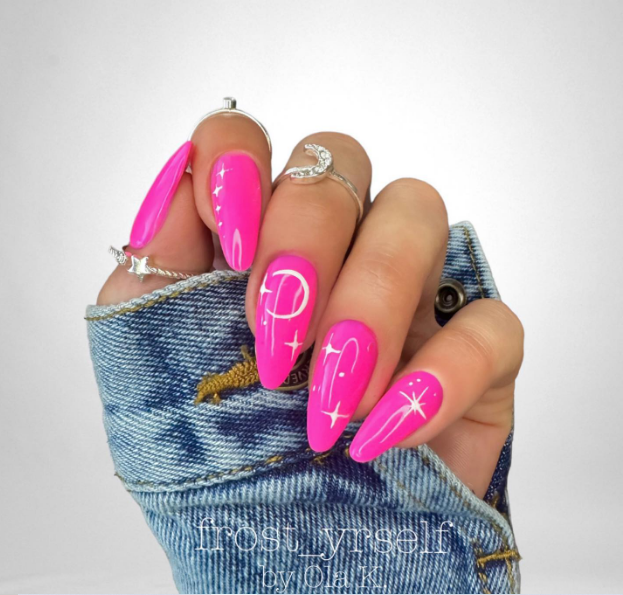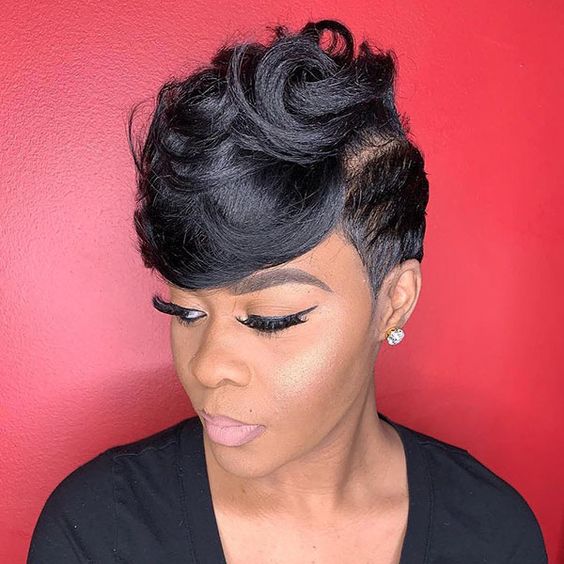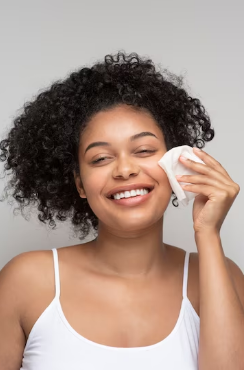
African skin, like any other skin type, requires proper care and attention to maintain its health and vitality. Oily skin is a common concern among individuals of African descent, often characterized by excess sebum production and a tendency to develop shine, enlarged pores, and occasional breakouts. However, with the right skincare routine and effective practices, you can manage oily skin and achieve a radiant complexion. In this article, we will explore proven skincare tips specifically tailored for oily African skin.
-
Gentle Cleansing
Effective cleansing is the foundation of any skincare routine. Use a gentle, pH-balanced cleanser specifically formulated for oily skin. Look for ingredients like salicylic acid, tea tree oil, or witch hazel, which help control excess oil production and unclog pores. Cleanse your face twice daily, in the morning and evening, to remove impurities and prevent pore congestion.
-
Exfoliation
Regular exfoliation helps remove dead skin cells, unclog pores, and control oil buildup. However, it is important to choose gentle exfoliants to avoid irritating the skin. Opt for chemical exfoliants containing alpha-hydroxy acids (AHAs) or beta-hydroxy acids (BHAs) like glycolic acid or salicylic acid. These ingredients effectively slough off dead skin cells without causing excessive dryness or inflammation. Limit exfoliation to 1-2 times per week to avoid overstimulating the skin.
-
Oil-Free and Lightweight Moisturizers
Moisturizing is crucial for all skin types, including oily skin. Look for oil-free, water-based moisturizers that are lightweight and non-comedogenic. These formulas hydrate the skin without adding excessive oil or clogging the pores. Ingredients such as hyaluronic acid and ceramides help maintain the skin's moisture balance while providing a mattifying effect.
-
Sun Protection
Protecting your skin from harmful UV rays is essential for maintaining healthy skin and preventing premature aging. Choose a broad-spectrum sunscreen with an SPF of 30 or higher. Look for lightweight, oil-free formulations to prevent a greasy appearance. Apply sunscreen generously and reapply every two hours, especially when exposed to direct sunlight.
-
Oil-Control Products
Incorporate targeted products into your routine to manage excess oil and shine throughout the day. Oil-absorbing sheets or blotting papers can help remove surface oil without disturbing makeup. Additionally, oil-control primers and mattifying powders can provide a smooth, shine-free finish. Be cautious with these products and avoid ones that are overly drying, as they can trigger the skin to produce more oil.
-
Spot Treatments
For occasional breakouts or acne flare-ups, spot treatments can be beneficial. Look for products containing ingredients like benzoyl peroxide or tea tree oil, which help reduce inflammation and kill acne-causing bacteria. Apply a small amount directly to affected areas and avoid picking or squeezing pimples, as this can lead to scarring and further inflammation.
-
Healthy Lifestyle Habits
Maintaining overall skin health extends beyond topical products. Adopting healthy lifestyle habits can significantly improve the condition of oily African skin. Drink plenty of water to keep your skin hydrated and help flush out toxins. Follow a balanced diet rich in fruits, vegetables, and whole grains to provide your skin with essential nutrients. Regular exercise and stress management techniques can also contribute to healthier skin.
Conclusion
Caring for oily skin requires a consistent and tailored approach. By following these proven skincare tips, you can manage excess oil production, control shine, and promote a radiant complexion. Remember, it's essential to be patient and consistent with your skincare routine, allowing time for your skin to adjust and for visible improvements to occur. Embrace your natural beauty, and with the right care, your skin will radiate with health and vitality.
